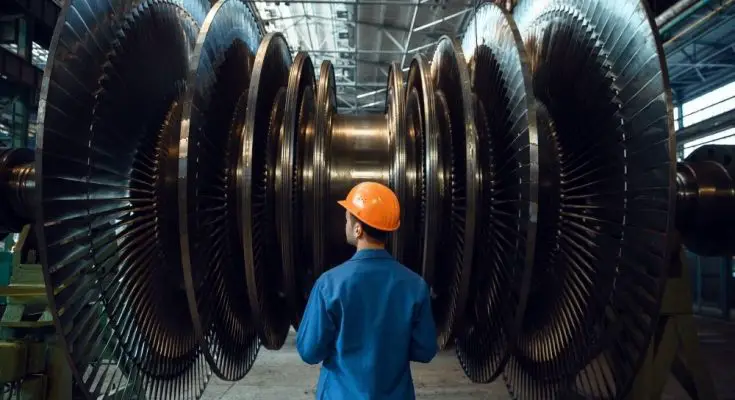Gas turbines are internal combustion engines that can convert natural gas (or other liquid fuels) into mechanical energy. They then use mechanical energy to produce electrical power. Gas turbines work well and are therefore becoming increasingly popular. The benefits of gas turbines you need to learn about are quite compelling. It should come as no surprise that they’re becoming more widespread when considering them.
They Have a Lower Operational Cost
The primary benefit of gas turbines is the lower operational cost. They’re much cheaper than other low-carbon emission alternatives, such as renewable energy or nuclear energy. Since they’re cost-effective, gas turbines are some of the best options currently available for clean power. This fact has driven up the turbines’ popularity.
They Are Both Efficient and Durable
Efficiency is critical when worrying about carbon emissions, volatility in fuel cost, and a need for higher performance at lower costs. Gas turbines fit all these standards, making them a viable option. Gas turbines are cheap, durable, and efficient. Additionally, they have fewer operational failures. Manufacturers design them to be highly durable so that they require less servicing.
They Facilitate Distributed Power Generation
Power generation systems are shifting toward favoring distributed power generation. This technology is flexible because it can operate on its own as a gas turbine or as part of an integrated system. A gas turbine is an ideal option that can rise above other green power sources, such as solar panels, fuel cells, wind turbines, or hydropower systems.
They Are Environmentally Friendly
One of the benefits of gas turbines you need to learn about is their environmental friendliness. They run on natural gas while producing less exhaust gas pollution than internal combustion engines. They use the excess air to combust. Furthermore, they can use digester gases, synthetic gases like diesel fuels, and landfill gases when needed.
They Have High Operational Speed and Low Lubrication Cost
Finally, there is the consideration of speed. Most other engines require high levels of lubricating oils, which automatically drives operational prices up. With a gas turbine, though, lots of lubrication isn’t necessary. Despite the reduced amount of lubrication, gas turbines still have a higher operational speed, which allows them to quickly generate power and energy. The results are lower costs with better service in less time.



